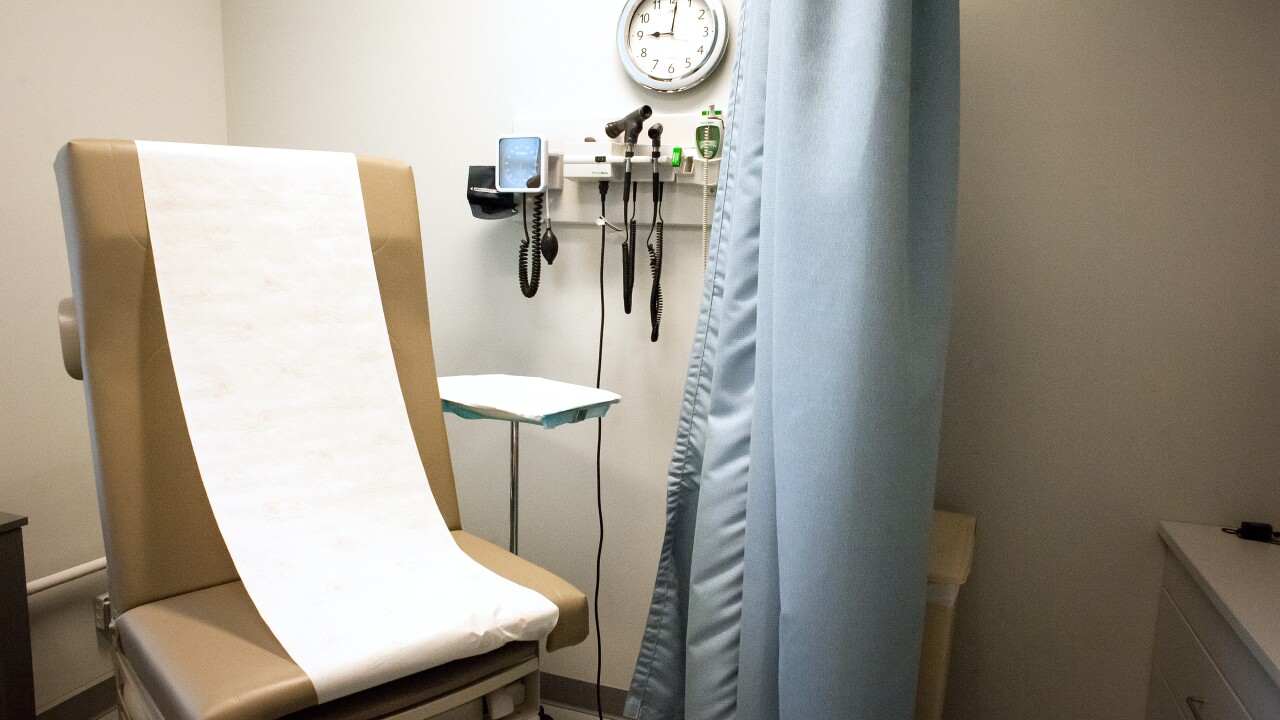One of the chief goals of the Affordable Care Act is to provide individuals with, on a net-cost basis, competitively priced health insurance. The law only achieves this favorable pricing by authorizing a federal tax subsidy for eligible lower income individuals who purchase health care from a state-run exchange.
The ACA statute uses language that would limit authority for federal subsidy payments, by only permitting them inside states that have affirmatively established their own exchanges. However, the Internal Revenue Service issued a regulation directing that the ACA federal tax credit is available to all financially eligible Americans, regardless of whether they purchase insurance on a state or federally run exchange.
In King v. Burwell, the plaintiffs argue that the IRS exceeded its authority when it issued a rule that would deem any state defaulting into a federal exchange as the equivalent of a state-established exchange.
What does this mean?
Billions of dollars of federal subsidies are at stake for residents in approximately 75% of our states that have not established exchanges (only 13 states have established full exchanges to date).
Approximately 6.7 million Americans, as of February 2015, who have obtained coverage through federal exchanges could stand to lose their federal tax credits and therefore, may elect to drop their coverage all together because of the high cost without the subsidy.
Its likely that healthier individuals on the exchange will be the first to drop their coverage, while the elderly or less healthy will hang on as long as possible, leading to a disproportionate pool of unhealthy people and therefore raising premiums on the exchange.
Additionally, if the subsidy payments for Americans purchasing from the federal exchange are invalidated, to a great extent the employer mandate attached to the ACA may also become eroded. This is because the laws penalty trigger mechanism is intrinsically tied to whether an employee who would otherwise be entitled to coverage instead opts to use the exchange and receives federal money to help fund that coverage.
Looking ahead
A close vote is expected in the Supreme Courts decision on King v. Burwell in the coming week. Although the impact of the ruling could have far reaching effects, its unlikely we will see health care reform totally collapse.
If the court rules against the plaintiffs and the subsidies remain intact, nothing much will change and the ACA will continue on its path to implementation in its entirety. However, if the court rules for the plaintiffs, Congress would need to leap into action to enact a legislative repair. One quick fix could be an amendment to the law to alter the language that limits authority for federal subsidy payments, permitting it to apply to all exchanges at both the state and federal levels. If this isnt done, though, the road ahead becomes murkier with prospects for new lawsuits and great confusion.
Timeline is yet another consideration. Typically, Supreme Court decisions take effect 25 days after theyre issued. If there are significant changes to the law the Supreme Court may grant a stay on the decision to give Congress and state and federal government agencies time to satisfactorily adapt their programs to the decision.
Fiszer is the chief compliance officer for HUB International Employee Benefits, Eastern Region, and is a nationally recognized speaker on health care reform and the Affordable Care Act. He provides compliance and consulting services regarding health plans and other employee benefits. His areas of expertise include COBRA, Health Insurance Portability and Accountability Act of 1996 (HIPAA), wellness programs, federal and state health care reform, employment and labor issues, ERISA and the Family and Medical Leave Act.





